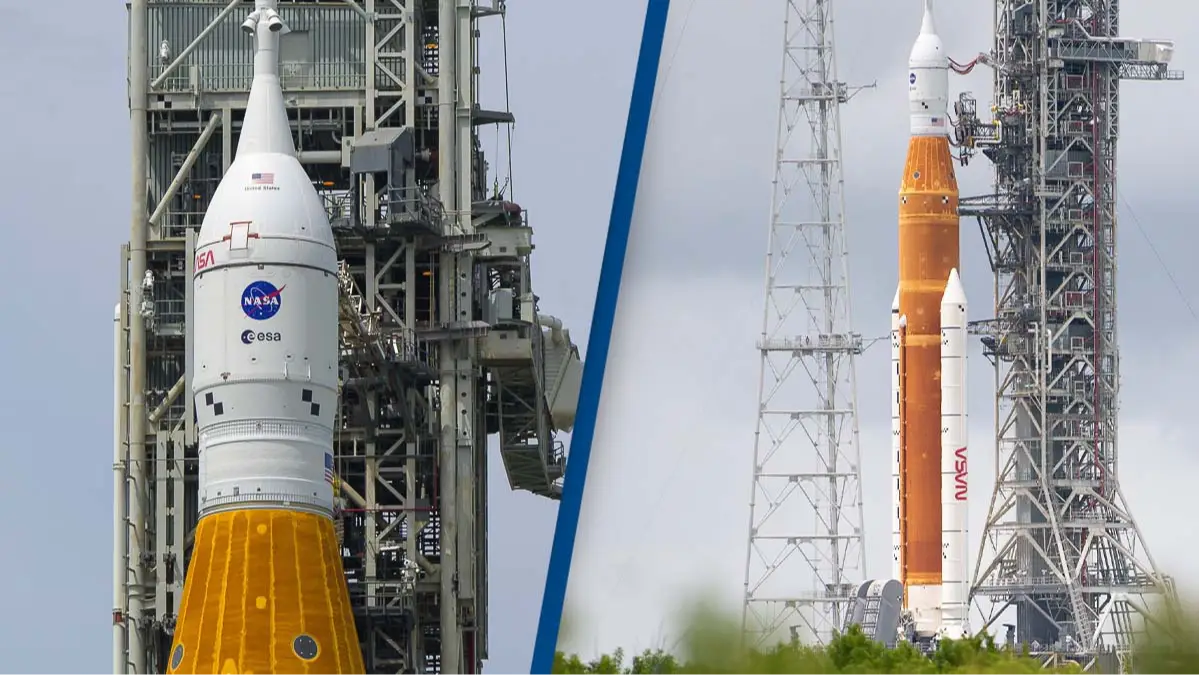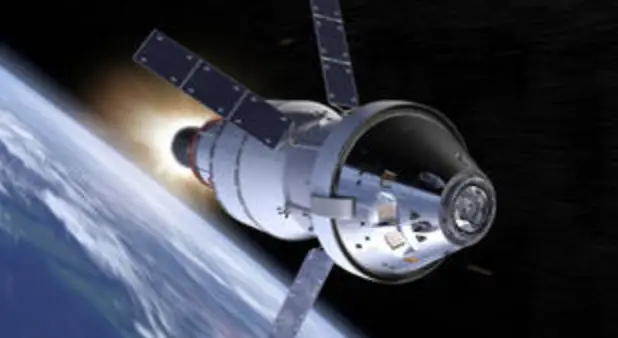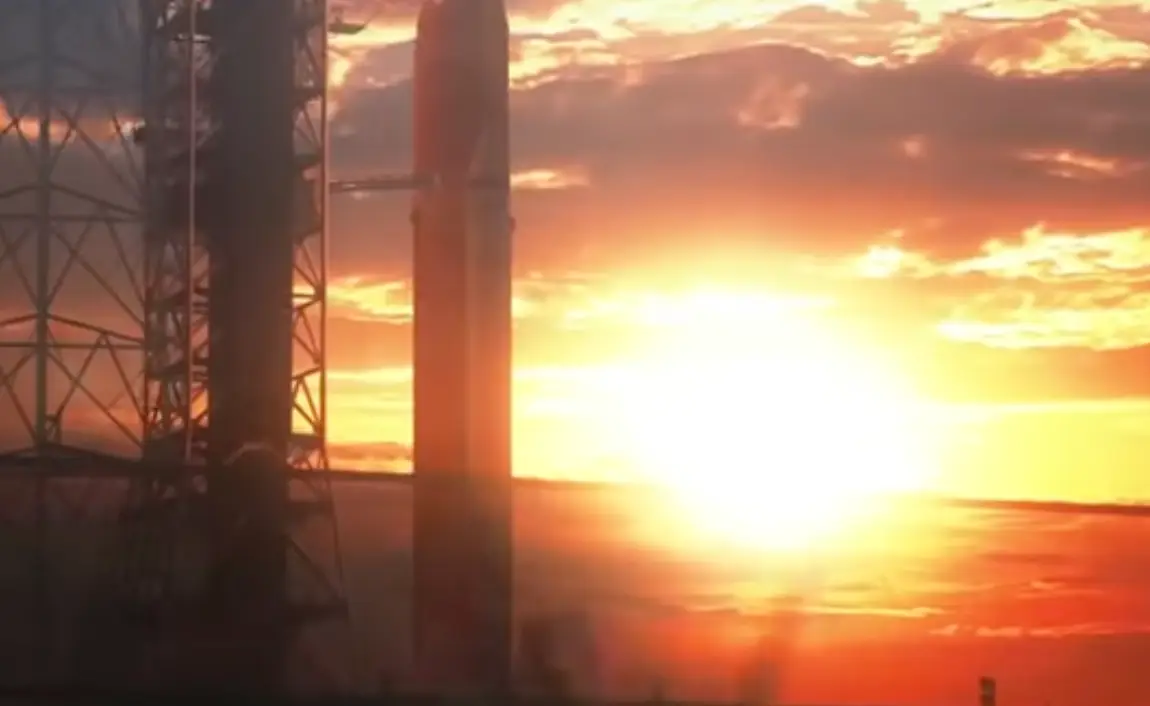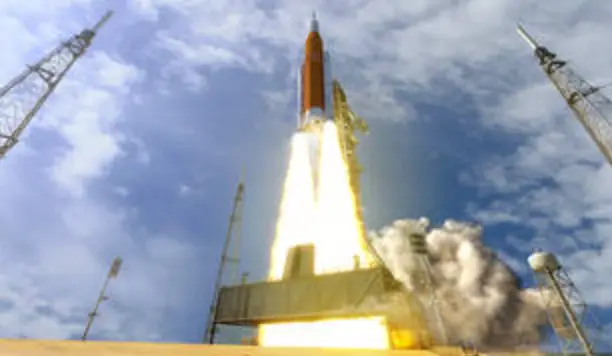
Nasa has just halted its historic rocket launch that is scheduled to take place today, 29 August.
The Artemis I test mission was expected to launch at 8.33am EST (1.33pm BST) from the Kennedy Space Center in Florida.
It would have been the first time in half a century Nasa launched a rocket that could take humans to the moon.

Advert
While it is unclear whether the mission will go ahead today or later this week, operations were paused when a suspected leak was spotted as the Space Launch System (SLS) rocket was being fuelled.
Upon closer inspection, the suspected leak was deemed not serious enough to prevent launch.
However, the space agency said on its live stream that an engine cooling issue was also responsible for the delay.
The rocket engine must cool before the launch can take place, with Nasa yet to confirm the new launch time.
For those unaware, Artemis I is an unmanned mission and will see the Space Launch System (SLS) rocket launch into the atmosphere with the Orion spacecraft on top.

The SLS rocket is designed to carry crew and cargo to the moon, it will produce 8.8 million pounds of thrust during lift-off.
Once orbiting the Earth, the SLS rocket's advanced systems will give Orion the push it needs to fly to the moon.
From the moon, Orion will venture thousands of miles beyond the celestial body for the duration of the four-to-six-week mission.
According to Nasa: "Orion will stay in space longer than any ship for astronauts has done without docking to a space station and return home faster and hotter than ever before."

The mission aims to provide a foundation for deep space exploration, with Mike Sarafin Artemis I mission manager saying: "This is a mission that truly will do what hasn’t been done and learn what isn’t known.
"It will blaze a trail that people will follow on the next Orion flight, pushing the edges of the envelope to prepare for that mission."
Orion will then make its return to Earth: "Orion will do another close flyby that takes the spacecraft within about 60 miles of the Moon’s surface, the spacecraft will use another precisely timed engine firing of the European-provided service module in conjunction with the Moon’s gravity to accelerate back toward Earth."
If Artemis 1 cannot launch today, the next windows are on 2 and 5 September, depending on weather.
If you have a story you want to tell, send it to UNILAD via [email protected]
Topics: News, NASA, Space, World News, Technology